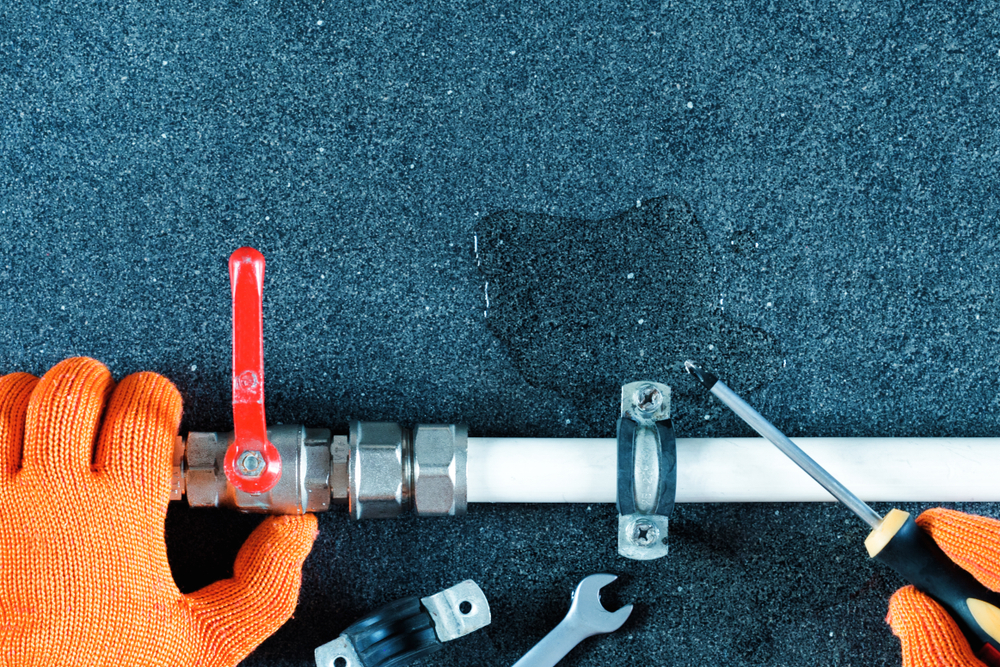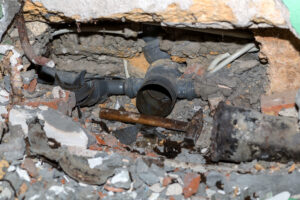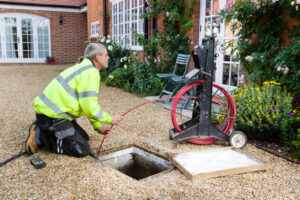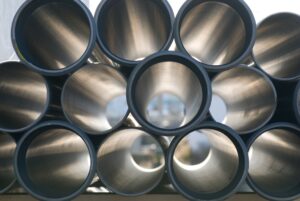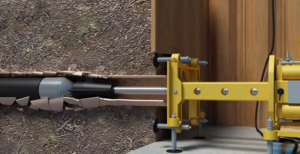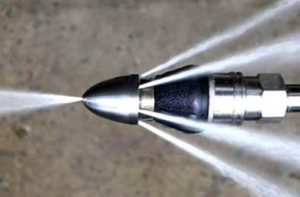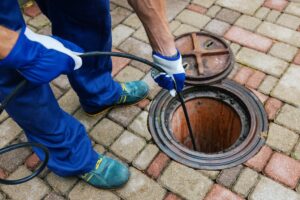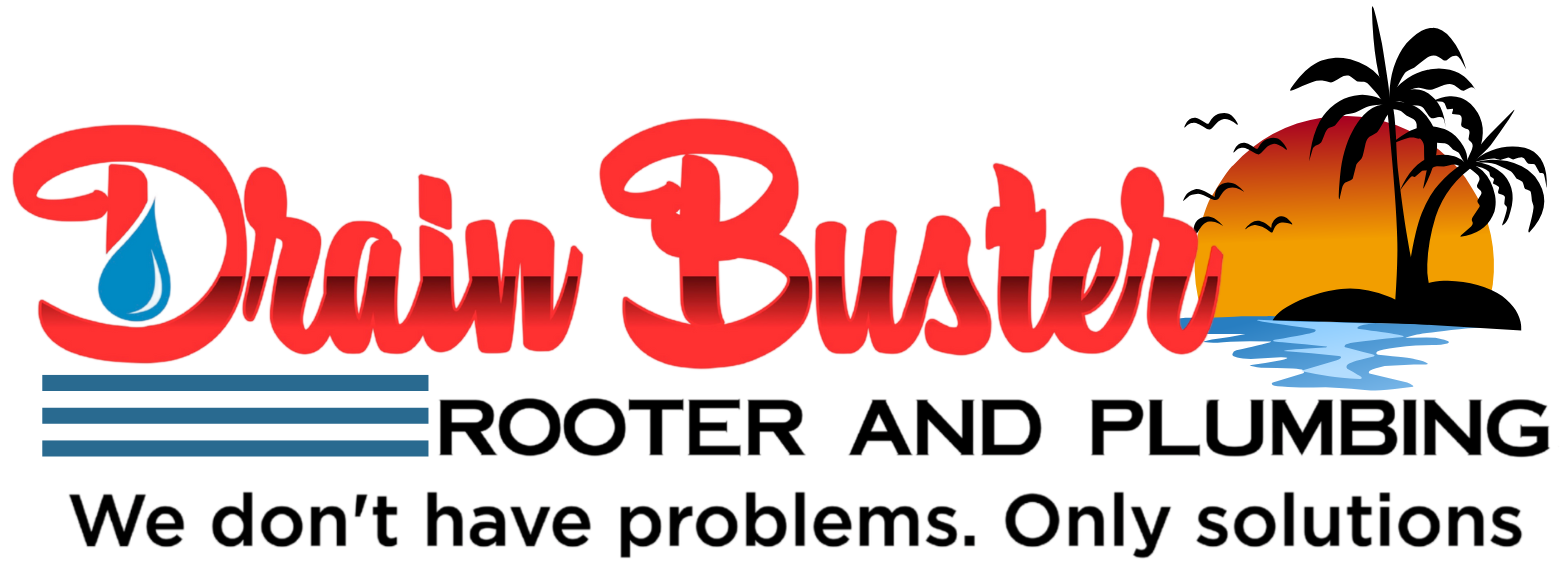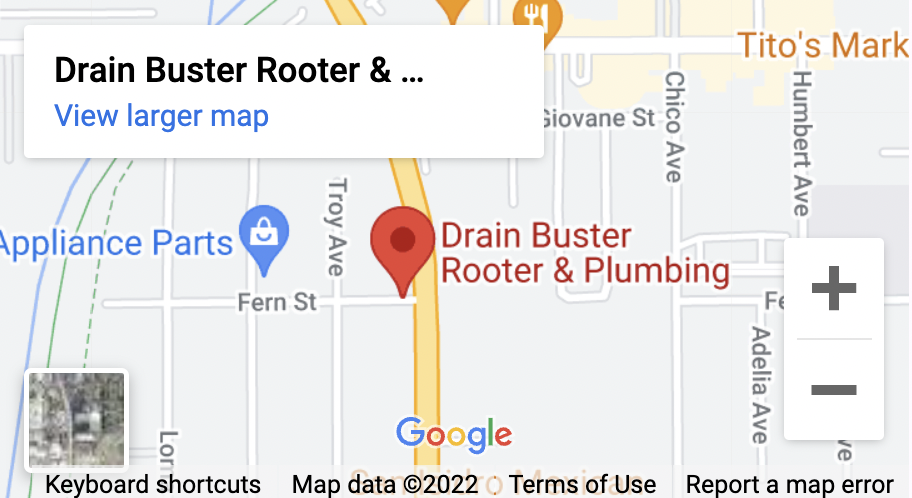Leaking pipes – a seemingly innocuous issue that can turn into a homeowner’s worst nightmare. Picture this: the steady drip-drip of water, the discolored patches on your ceiling, the faint musty odor that refuses to fade. All signs point to a leaking pipe, raising a perplexing question: can a leaking pipe miraculously stop leaking on its own? In this article, we delve into the fascinating world of plumbing mysteries to uncover whether a leaking pipe possesses the ability to heal itself, or if it’s merely a ticking time bomb waiting to explode.
Understanding Leaking Pipes
When faced with a leak, the natural inclination might be to wait it out, hoping that the pipe will somehow patch itself up over time. While it’s true that some minor leaks might appear to stop on their own, the reality is more complex. Leaks occur due to a variety of factors, such as corrosion, wear and tear, or even external factors like freezing temperatures. These issues don’t typically resolve themselves, and relying on self-sealing can lead to dire consequences.
Think of a leaking pipe as a small crack in a dam. Initially, the crack might seem manageable, but over time, the pressure of the water can cause the crack to widen and weaken the entire structure. Similarly, a leaking pipe, even if it temporarily stops leaking, is still compromised and prone to future failures.
Factors Affecting Self-Sealing
There have been instances where a minor leak seems to miraculously stop. This can happen when the pressure inside the pipe drops or when the water flow is reduced significantly. In some cases, the pipe material itself might have some self-sealing properties, where minor cracks are sealed off by mineral deposits present in the water.
Imagine your body’s natural healing process. When you get a small cut, your body sends platelets to the site to form a clot, sealing the wound. Similarly, certain pipe materials, like copper, can develop a protective layer that minimizes small leaks. However, this self-sealing ability is limited, and larger or more persistent leaks will require intervention.
The Perils of Delay
While it might be tempting to take a “wait and see” approach to a leaking pipe, this strategy can lead to disastrous consequences. Delaying repairs, even if the leak seems to have stopped, can result in hidden water damage, mold growth, and structural deterioration. What might have been a straightforward fix can quickly escalate into a costly and extensive repair job.
Consider this scenario: a homeowner notices a minor leak under the sink. They tighten a few fittings, and the leak appears to stop. Relieved, they move on. Months later, a foul smell permeates the kitchen, and upon investigation, they discover a massive mold infestation lurking behind the walls. The initial leak, which was thought to have stopped on its own, had silently wreaked havoc.
Signs of a More Serious Issue
Certain signs can indicate that a leaking pipe might not have truly self-sealed. These include persistent water stains, warped or discolored walls, a sudden increase in water bills, and the resurgence of the leak after a temporary stoppage. These signs point to underlying issues that need immediate attention. Ignoring these red flags can lead to more significant damage and costly repairs down the line.
DIY vs. Professional Intervention
When dealing with a leaking pipe, homeowners might be tempted to tackle the issue themselves. DIY solutions like using tape, sealants, or clamps can offer temporary relief, but they are not a substitute for professional intervention. Plumbing systems are intricate, and even a small mistake can exacerbate the problem. It’s crucial to consult a licensed plumber who can accurately assess the situation and provide a lasting solution.
While a leaking pipe might seem like a minor inconvenience, the potential consequences are far-reaching. It’s like putting a band-aid on a bullet wound – it might temporarily stem the bleeding, but the damage beneath the surface remains.
Preventive Measures
The best way to deal with leaking pipes is to prevent them from occurring in the first place. Regular maintenance and vigilance can go a long way in avoiding the headache of leaks and subsequent repairs. Inspect your plumbing system periodically, fix small issues promptly, and consider scheduling professional maintenance checks to catch potential problems before they escalate.
Conclusion
In the world of plumbing, hope is not a strategy. While it’s intriguing to think that a leaking pipe might stop leaking on its own, the reality is quite different. Leaks are indicative of underlying issues that require attention and expertise to be resolved properly. Relying on self-sealing or temporary fixes can lead to more extensive damage, costly repairs, and potential health hazards. When faced with a leaking pipe, it’s essential to take swift and decisive action by consulting a qualified plumber. Remember, in the battle against leaks, prevention and professional intervention are your most potent allies.
How Drain Buster Rooter & Plumbing Can Help with Plumbing Problems
At Drain Buster Rooter & Plumbing, we understand the frustrations and concerns that come with plumbing issues, including leaking pipes. Our team of experienced plumbers is dedicated to providing timely and effective solutions for all your plumbing needs. Whether you’re dealing with a minor leak or a more complex plumbing problem, we have the expertise to diagnose the issue accurately and recommend the best course of action. With our state-of-the-art equipment and years of industry experience, we can address leaks, perform repairs, and ensure that your plumbing system is functioning optimally. Don’t leave your plumbing to chance; trust Drain Buster Rooter & Plumbing to provide professional and reliable services that will keep your home safe and comfortable.
FAQs
- Can a leaking pipe fix itself overnight? While some leaks might appear to stop temporarily, they are unlikely to fix themselves overnight. Plumbing issues require proper assessment and repair to prevent further damage.
- Are DIY methods effective in stopping leaks? DIY methods can offer temporary relief, but they are not a long-term solution. Professional plumbers have the expertise to diagnose the problem accurately and provide lasting fixes.
- What are the risks of ignoring a leaking pipe? Ignoring a leaking pipe can lead to hidden water damage, mold growth, structural deterioration, and increased repair costs.
- Can water pressure affect self-sealing? Yes, reduced water pressure can sometimes lead to self-sealing of minor leaks. However, it’s not a guaranteed or reliable method.
- How can I prevent leaking pipes? Regular maintenance, prompt repairs, and professional plumbing checks can help prevent leaking pipes. Being proactive is key to avoiding plumbing headaches.


